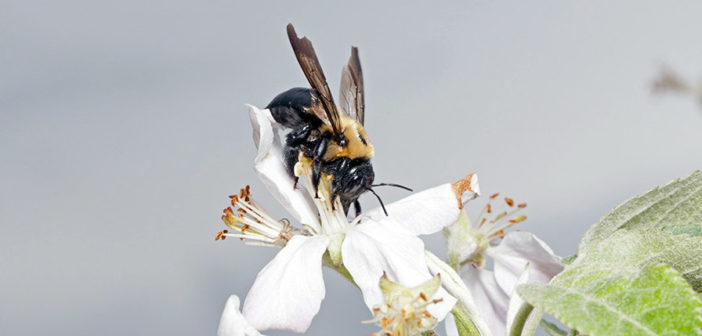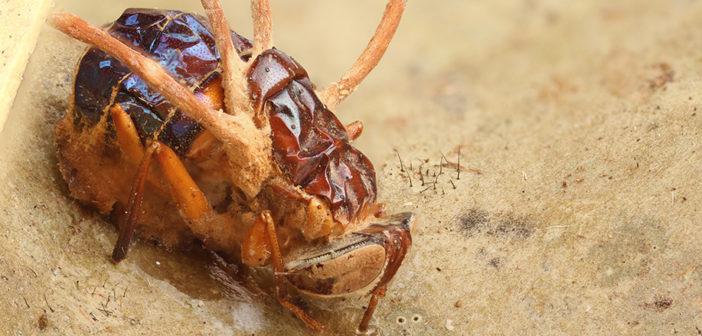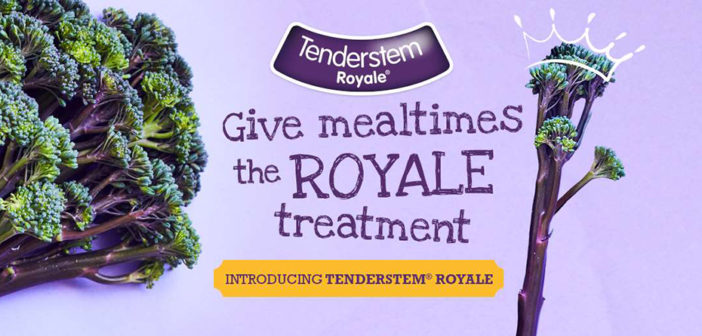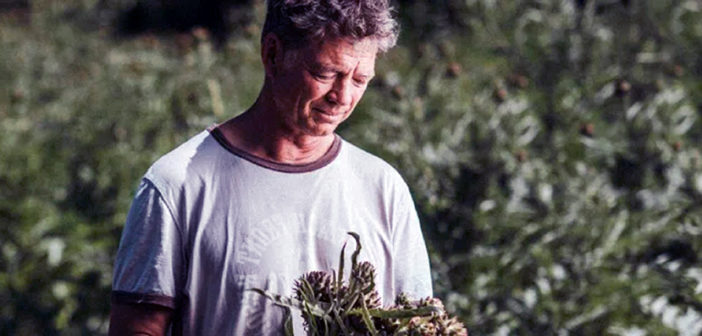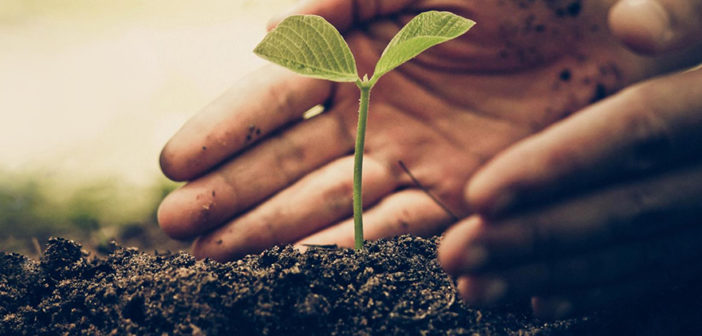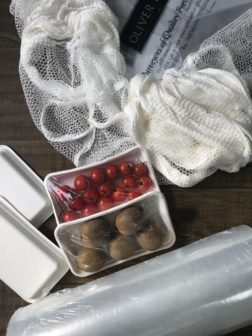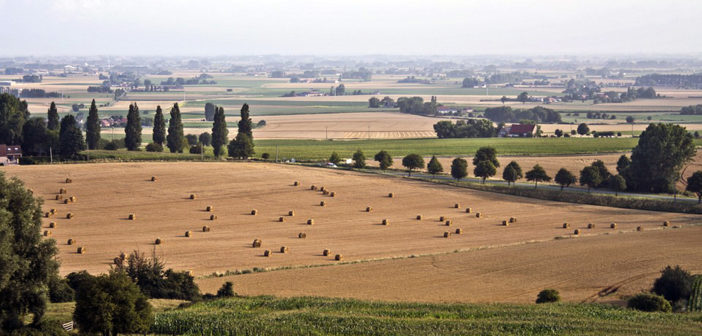As part of efforts to reduce plastic in the supply chain, M&S is trialling its first plastic-free loose fruit and vegetable department at its Tolworth store.
As well as ditching the packaging, M&S has introduced trained greengrocers, who will be on hand to offer customers valuable advice as they select from two aisles of fruit and vegetables free of plastic packaging. The range not only includes hard fruit and veg like potatoes and bananas, but also more perishable items such as soft fruits and berries, which will be retailed in compostable punnets, and best before date labels have been removed.
Louise Nicholls, Head of Food Sustainability, said, “We’re proud to launch a series of market-leading initiatives to help our customers take home less plastic. “Our trial at Tolworth is an important milestone in our plastic reduction journey and bringing back the traditional greengrocer will play a key part in educating our customers. Our plan is to create long-term impact in the future using tangible insights from the Tolworth store trial.”
M&S has committed to launching additional lines of loose produce and more sustainable alternatives to plastic in every UK store, which could save 580 tonnes of plastic waste over two years alone. The plan will also involve replacing plastic produce bags with paper ones and phasing out plastic barcode stickers in favour of eco-friendly alternatives. M&S Senior Packaging Technologist Kevin Vyse spoke at the recent UK Brassica & Leafy Salad Conference which will be reported in the March issue of The Vegetable Farmer.
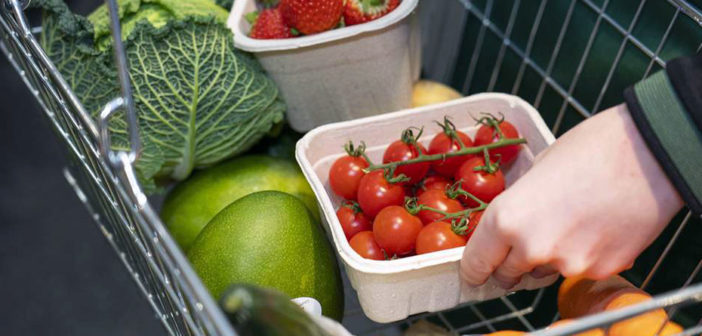
Photo Credit: M&S
The post M&S trials plastic-free produce appeared first on Hort News.
